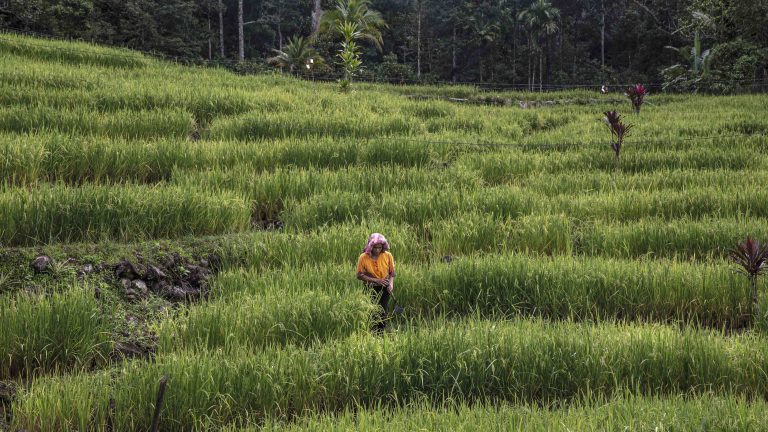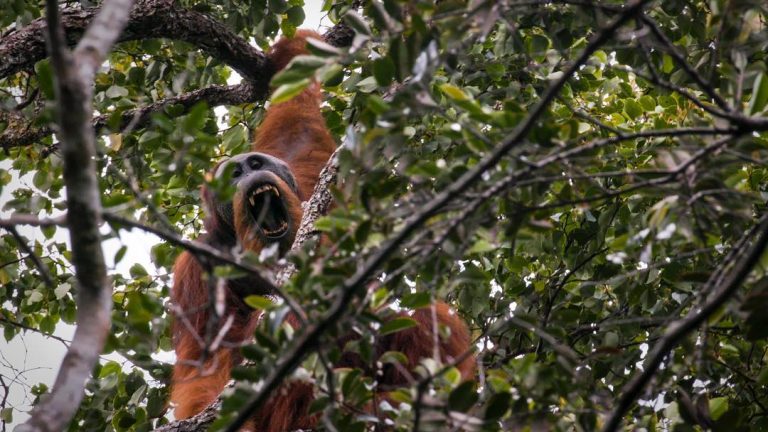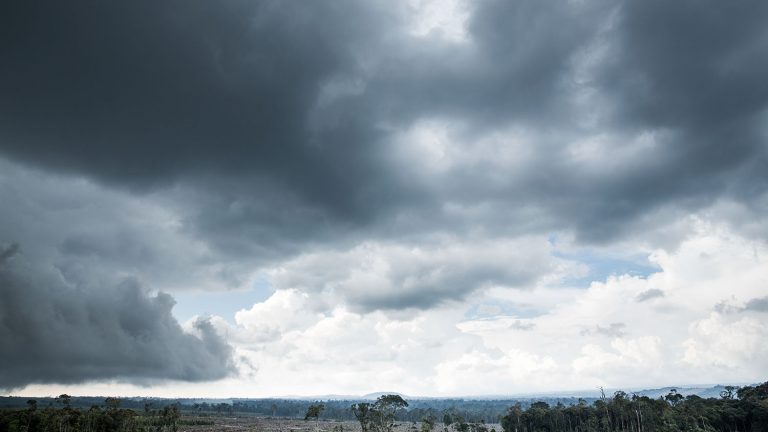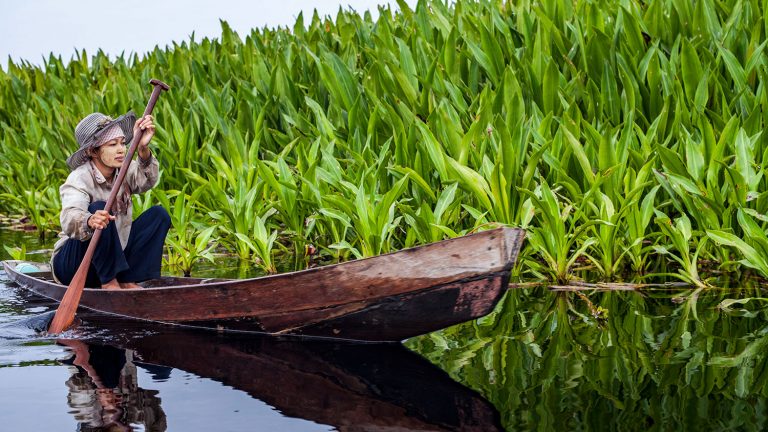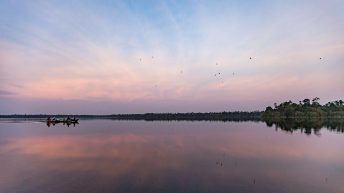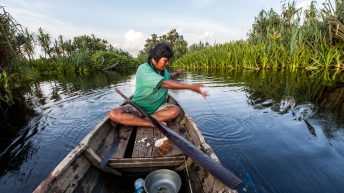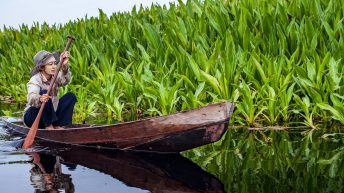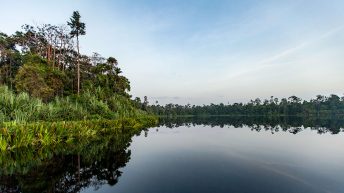More than 130,000 Batak people that live adjacent to the Batang Toru Ecosystem have depended on the waters from these forests for many generations. Recently a massive new threat has surfaced, namely plans for a new hydro-electric dam scheme. Although sounding ‘green’ it would be the biggest disaster to the Batang Toru Ecosystem. This hydro dam has been planned in the richest area of the Batang Toru Ecosystem, in a beautiful primary forest gorge area that has the highest densities of the last remaining Tapanuli orangutans.
For more details please visit: http://www.batangtoru.org


